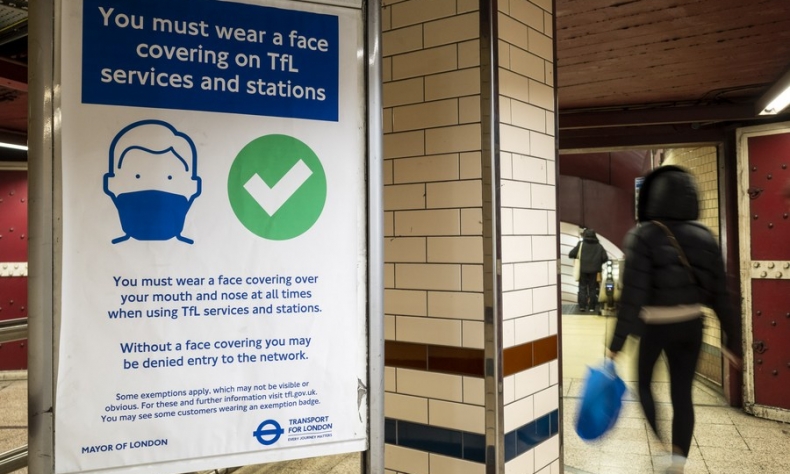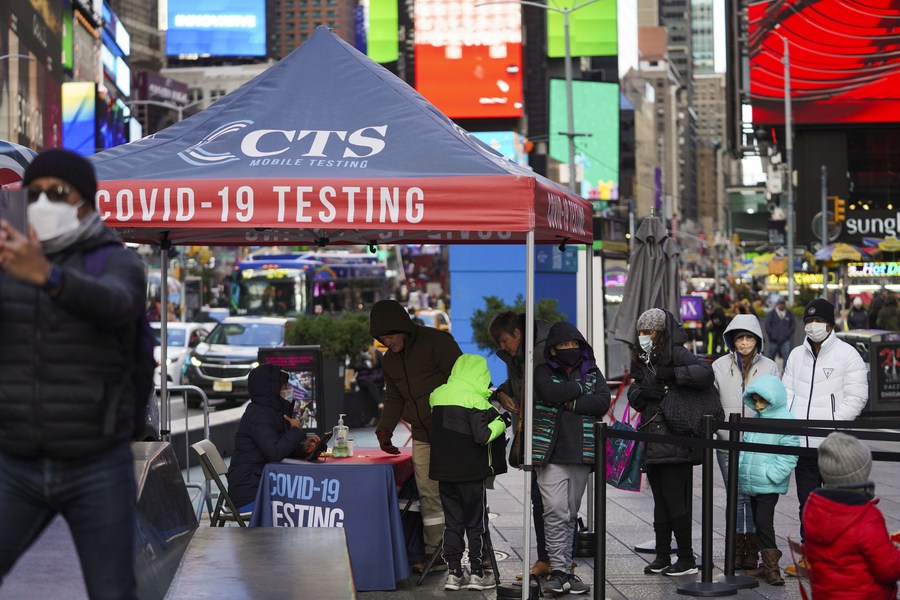Omicron: The Consequence of Western COVID-19 Complacency

The Omicron variant may not have been preventable from emerging entirely, yet its potential impact could have been contained if countries and people were willing to do and act more to ensure access to vaccines and curb transmission.
It seemed that 2021 was going to be a better year than the previous one. It wasn’t unreasonable to assume such. For the first half of the year, the availability of vaccines appeared to offer an opportunity to finally bring the pandemic under control and provide a window to a somewhat normal life again. In countries where inoculations were widely available, the vaccine showed a scaling down of deaths, and without hesitation, many began to lift restrictions towards the belief that COVID-19 could be lived with.
However, this excessive optimism served to mask an enormous level of complacency, a fact soon laid bare by last weekend with the discovery of a new potentially harmful variant named “Omicron” by the World Health Organization (WHO). First detected in South Africa, scientists discovered the new variant has a significant number of mutations, exceeding the dominant Delta variant and potentially making it more transmissible and reducing established immunity. Upon announcement of its discovery, countries around the world panicked and imposed travel bans on people traveling from South Africa and neighboring countries.
However, it was already too late. In the days following, the variant was soon detected across a host of countries in Europe. One suspected case in the United Kingdom traveled around London and then left the country. The person remains unaccounted for. The South African government soon stated they were being “punished” for its detection, and attacked the travel bans as “discriminatory.” In their response lies an important point: with only 28% of their population fully vaccinated owing to the West’s hoarding of supplies, Pretoria is being punished for these countries’ own negligent and self-absorbed approach to COVID-19 – the same ones who otherwise made unfulfilled promises about delivering billions of vaccines to the global south.
The West at large has been both complacent and negligent in its handling of the pandemic. Failing to find the political will to take decisive or strong action in handling the virus, this group of nations has consistently led the world in confirmed cases and deaths. Instead of pursuing effective pandemic prevention and control measures, they tried to escape the pandemic by hoarding vaccine supplies and racing to immunize their populations as fast as possible, then immediately flipped to a “no restrictions” approach as seen in the United Kingdom.

However, this has backfired on multiple fronts. The Western developed countries consolidated vaccines as an excuse for not taking other precautions. Therefore, a massive global inequality in vaccines developed, which put the global south at an unfair disadvantage.
Soon, the new and perhaps immune variant had the ability to travel freely and into countries where people were no longer taking precautions, suddenly bursting the bubble that the pandemic was over. It was not. There has been a persistent theme in the pandemic whereby people have become too comfortable, too quickly, assuming the situation is over, only for it to strike back even worse. In the case of the U.K., it was a fantasy of Western complacency pushed on a broken strategy and a failure to help countries in need. The travel bans are a reaction, not a solution to the problem of the new variant.
In the face of the COVID-19 challenge, science is the only way out. New variants won’t arise if the disease is not given the opportunity to spread or evolve. By doing so, time is bought for people in those countries who have not yet been given access to vaccines or the opportunity to build up immunity.
Yes, the pandemic is grueling, however, it will not stop until countries learn to work more thoroughly together and start solving this as a global problem, as opposed to a political game or a race to the finish line. We all want our lives to return to “normal,” we all want to do the things we enjoy again, but we have to be honest about the reality of this pandemic, which includes not continuing to put our selfish inhibitions before the well-being of the entire world.
Ultimately, the Omicron variant is what we’ve been warned about for a long time. It may not have been preventable from emerging entirely, yet its potential impact could have been contained if countries and people were willing to do and act more to ensure access to vaccines and curb transmission. That’s why we can’t let complacency continue to ruin our efforts.
 Facebook
Facebook
 Twitter
Twitter
 Linkedin
Linkedin
 Google +
Google +







